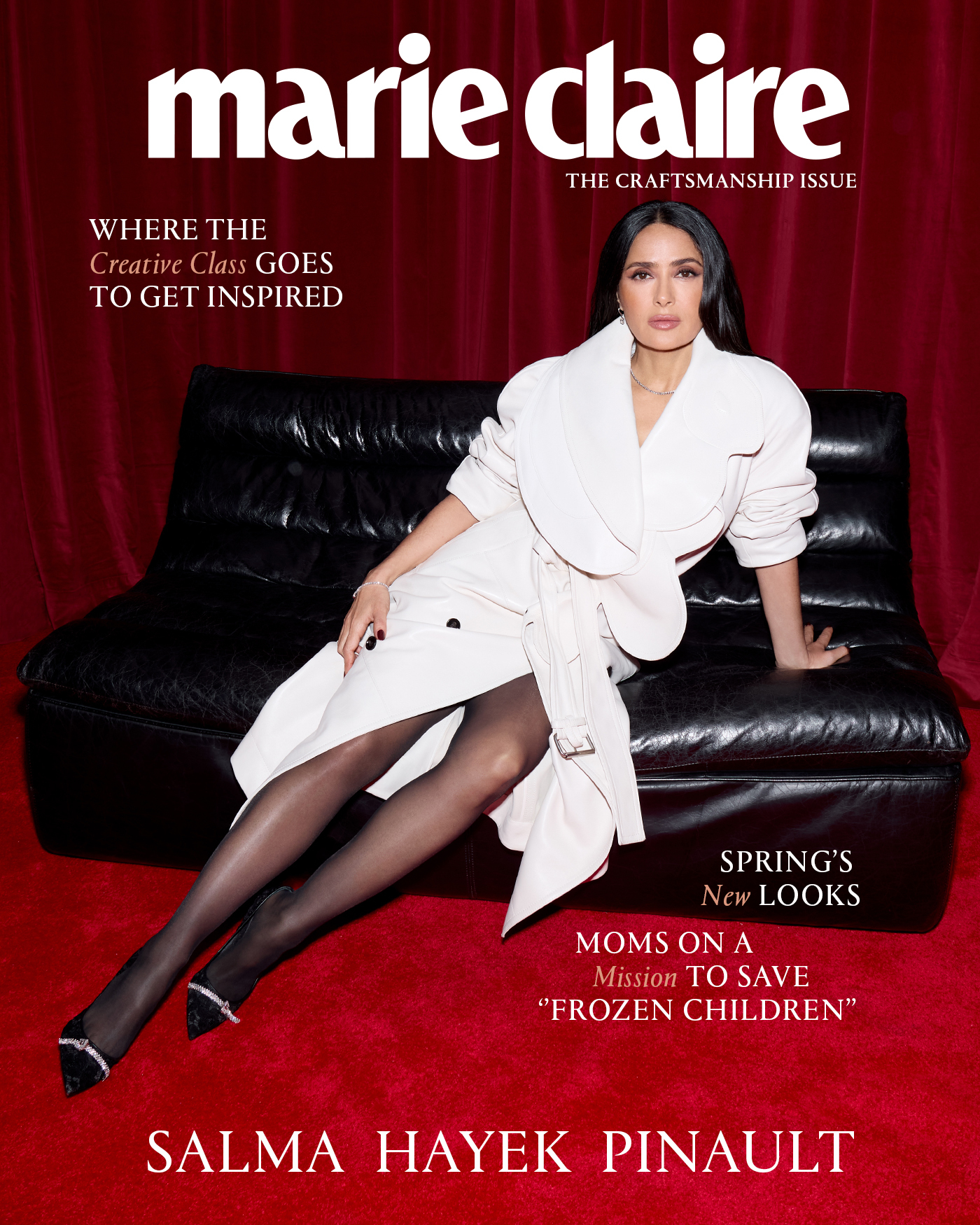What Would You Pay to Smell Like One in Eight Billion?
One bottle of a bespoke fragrance can run tens of thousands of dollars and take months to make. But for luxury fragrance connoisseurs, custom scents are well worth the money.
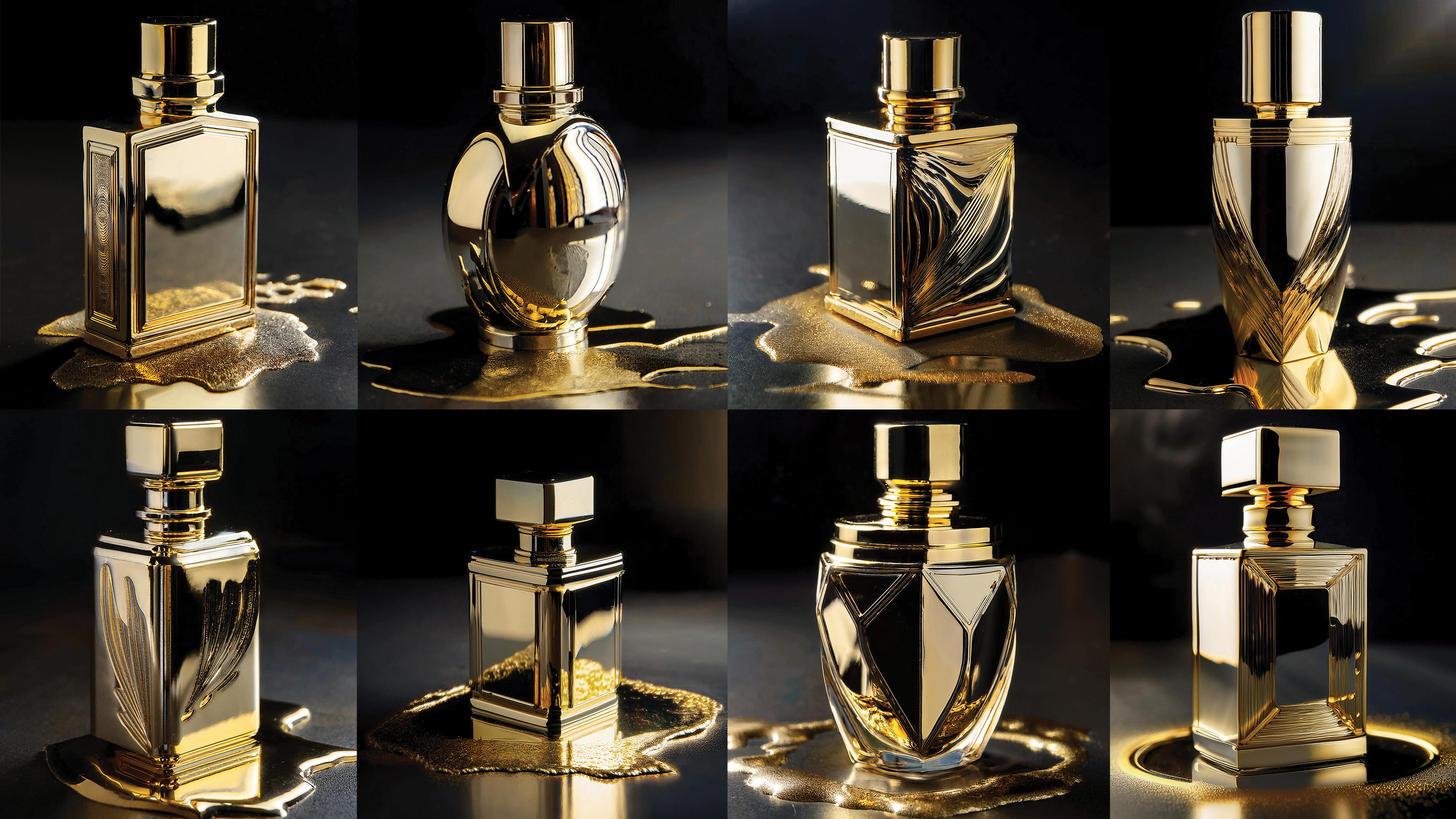
Let’s say you won the Mega Millions. You may go on an extravagant vacation, buy a sprawling home, or set up trust funds for family members—you know, something practical. But at a certain eye-watering tax bracket, these become been there, done that moves. The ultimate luxury may be one not necessarily seen, heard, or held—only smelled. For the ultra-rich, creating a one-of-a-kind fragrance has become an increasingly popular way to signal one’s wealth.
While you or I may scoff at spending a month’s rent on a luxury scent, that is but a fraction of what a bespoke perfume may cost. And for the promise of a scent that cannot be replicated, imitated, or duplicated, money, time, and resources is no object. There are many perfumers in the world who offer personalized services, but there are only a handful from fragrance houses with centuries of heritage.
“People want the story, the history, and they want the legacy,” Ben Krigler says. He’s the fifth-generation nose of the house of Krigler, which his great-grandfather Albert Krigler established in Berlin in 1904. “People [used to] buy jewelry as a show of wealth. Now, to have something that is hidden and not really viewable is actually the new luxury. For [my clients], it’s not only a perfume, it’s a lifestyle. They want something that nobody has. They want something that [means], Krigler has created this perfume especially for me; this is my production. It’s haute parfumerie—there are no limits for cost of ingredients or rules in terms of marketing.”
Krigler’s reputation for bespoke fragrance began in 2022, after a VIP client asked for a sneak peek of the scents he was developing. The client was so enamored with one in-progress formula that he demanded to purchase it as is, giving Krigler the idea to offer previews for the most dedicated of patrons. He began sending a limited number of bottles (sometimes even just one) of what he was working on to his stores, where clients could purchase them—some of whom option that fragrance for themselves, starting at $50,000 (which yields about 40 to 50 50ml bottles). Sometimes, if Krigler happens to be at a store when a client comes to collect their fragrance, they’ll ask him to sign their bottles. (When I spoke with him, he mentioned that he was working on about 20 bespoke fragrances at a time.)
Historically, custom was the primary way to buy perfume; commissioned by the wealthy elite, like a tailor, but for scent. Albert Krigler may have unwittingly begun his house line in 1879 by creating Pleasure Gardenia 79 for his fiancée. But prior to that, Guerlain became a luxury perfume house in 1853, when founding perfumer Pierre-François-Pascal Guerlain concocted Eau de Cologne Impériale for Napoleon III’s wife, Empress Eugénie, earning him the title Official Perfumer to His Majesty in Paris.
In the 20th century, when advertising and celebrity made icons of such scents as Shalimar, Fracas, Chanel No5, and CK One, the perfume market as we know it came to define how we developed a taste for attainable luxury. But in 2006, Guerlain again began offering bespoke fragrance services, with master perfumer Thierry Wasser. “For perfume lovers, the creation of a private scent is the ultimate expression of personal style,” Wasser says.
“To have something that is hidden and not really viewable is actually the new luxury.”
Once a contract is executed, Wasser meets with a client to discuss their fragrance ambitions either over video call or in person, which he prefers, “since inevitably the topic of fragrance often becomes deeply personal.” With these clients, most of whom commission a one-of-a-kind Guerlain for themselves, “we discuss memories and dreams, tell stories, and obsess over scents. It’s a surprisingly intimate process,” Wasser says. He concocts a few fragrance ideations, meets again with the client or ships samples to wherever they are in the world, and narrows down the final formula through trial and feedback.
Stay In The Know
Get exclusive access to fashion and beauty trends, hot-off-the-press celebrity news, and more.
The process can take a few months, but the timing also depends on a client’s schedule, and how decisive the customer is after each round of creation, he says. The finalized perfume comes with a custom Moynat trunk, a one-liter Golden Bee bottle, six 100ml sprays, and four 30ml travel sprays. While the exact cost is disclosed upon request, Guerlain’s website states that bespoke fragrances start at $130,000.
For non-royals and perfume illuminati in the market for a personalized scent that costs less than a house, you may want to visit Floris London. The house was established in 1730, earning a royal warrant in 1820. It’s been a fragrance go-to for the royals, including Queen Elizabeth II, as well as Sir Winston Churchill, Sir Ian Fleming, and Oscar Wilde (a hefty namedrop that barely scratches the surface of the house’s historic legacy in British perfumery). With prices starting at a comparatively conservative £750 (just over $900) and reaching as high as £6,000 (just over $7,000), today anyone can come to Floris London’s Jermyn Street shop to design a one-of-a-kind fragrance.
“We’ve been doing this for hundreds of years,” says Roberta Ion, a fragrance and bespoke manager at Floris London. “We are very much about heritage.”
Floris’s sessions usually involve a two-to-three-hour consultation. Ion and her colleagues are the translators and smell brokers for clients, guiding them through the process of familiarizing themselves with the Floris palette and the notes they wish to include in their formula. “Once the foundation of the scent is selected, after careful consideration of how it interacts with the skin, different accords are used to enrich the scent and transform it to something uniquely tailored to their personal taste,” Ion explains. The formula is jotted into Floris’s books, as is their centuries-old tradition, and the fragrance is blended on the spot and poured into engraved 100ml bottles, which the customer may name. Floris’s fragrances won’t require waiting for the most precious and rare of ingredients to be their ripest to harvest. It’s a much more expedited process with an abbreviated palette and less back-and-forth than other prestige houses. But having your own individual fragrance in one day is a compelling way to splurge for almost instant gratification.
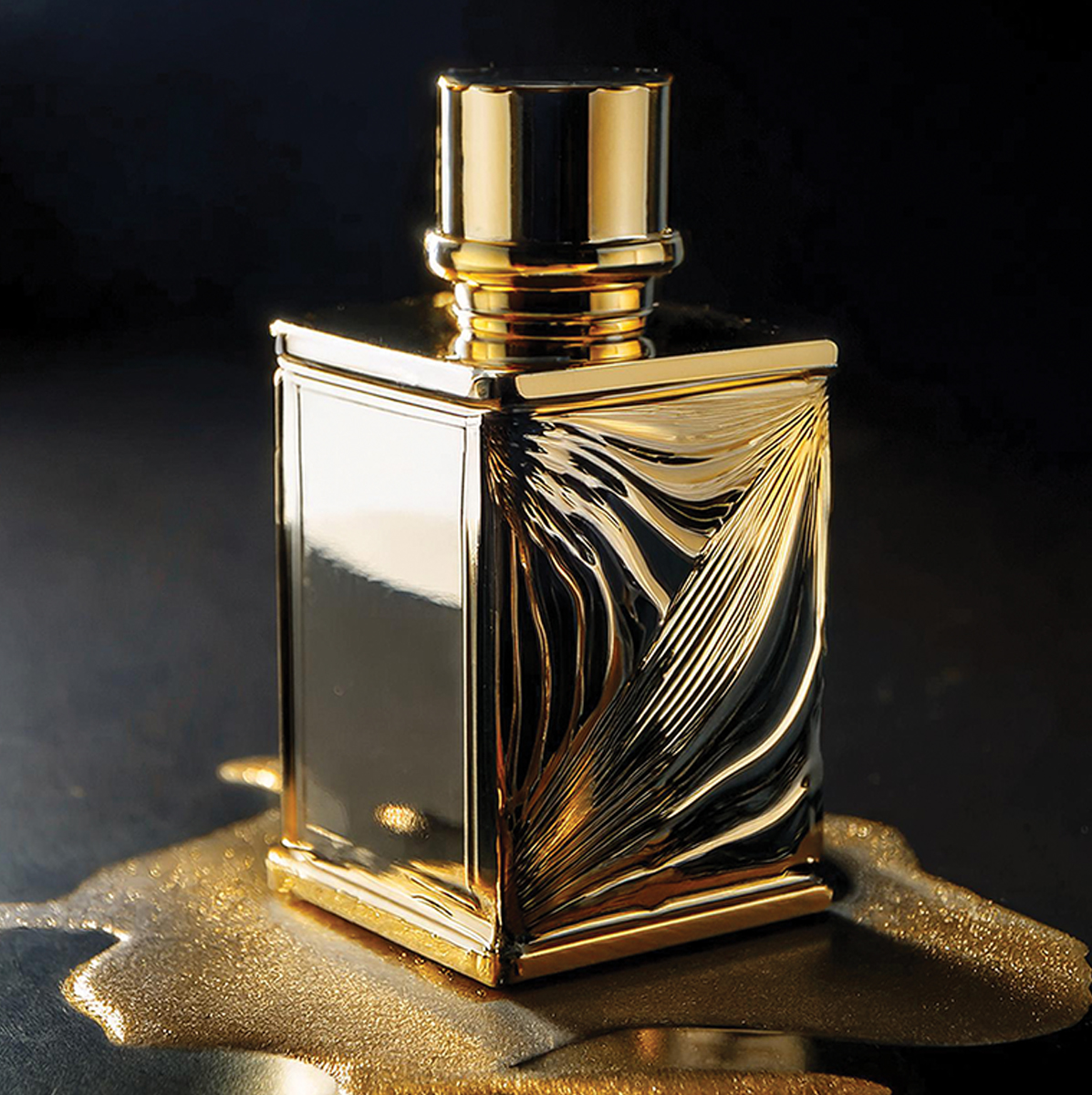
Consuming on demand is accessible to nearly anyone now, but having the wealth and raw materials to manifest the exact thing you want—well, that’s
a different kind of luxury. Making a fragrance with the finest ingredients harvested optimally takes time. Climate change has complicated sourcing, with increasingly unpredictable yields each year, on top of land scarcity from large corporations buying up fertile grounds for exclusive use.
A client of Krigler’s managed to circumvent that process all together. “He wanted to use his own raw materials, so we said, ‘Okay, but the only way to do that is to buy the land,’” Krigler recounts of a client who purchased a plot in Bulgaria, which is known for its premium damask roses. “He basically created a perfume that was half a million dollars just because he wanted to have his own production of flowers.” Each year the client sends the juice from the roses to Krigler, who makes another round of his bespoke production.
With the rise of a modern wealthy class from technology and modern industries, some of Krigler’s newer clients are early adopters of crypto—a far cry from 18th-century royalty. “I see the variations every five years,” Krigler notes. “There were people from the banks and real estate years ago, then it became people from the internet who made a fortune selling their concept to other companies. And [now it’s] the blockchain people and those people are getting bigger and bigger.” With these new innovations in finance, people are getting richer more quickly and much younger. “I had a client who came to me back in 2017. He was only 20 or 23,” Krigler says. “[I told him] ‘You know, it starts at $65,000.’” The final bill surpassed $125,000 after the client requested extra bottles and a custom trunk made to house them.
The emergence of a nouveau privileged class comes with newfound anxieties about establishing a legacy, as we’ve seen demonstrated by billionaires adopting science-fiction measures to ensure their longevity. Wasser tells me how Guerlain’s personalized formulas can be passed down to loved ones, a concept he finds especially romantic. “How divine to leave a fragrance legacy to future generations so that they may always recall the most personal, truest version of yourself.” But longevity and legacy are two sides of the same coin, one that fears mortality and one that honors heritage. And what is legacy but the collection of memories that constitute a life? Something scent is particularly talented at retaining.
This article appears in Marie Claire's 2025 Craftsmanship Issue.
-
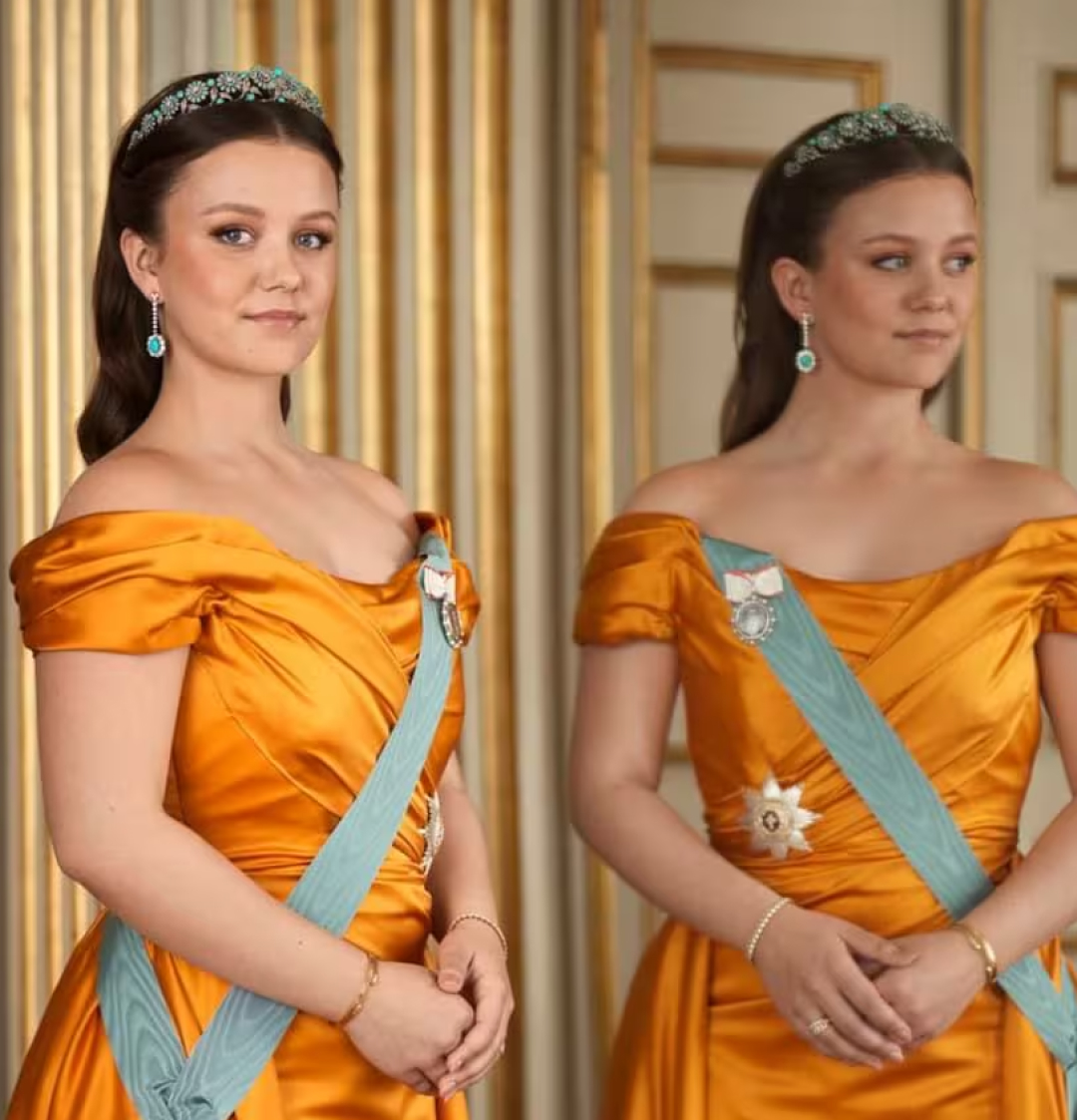 Princess Isabella Shows She's a "Typical Teenager" in Surprising Behind-the-Scenes Tiara Moment
Princess Isabella Shows She's a "Typical Teenager" in Surprising Behind-the-Scenes Tiara MomentThe Danish royal celebrated her 18th birthday with a relatable new portrait.
By Kristin Contino
-
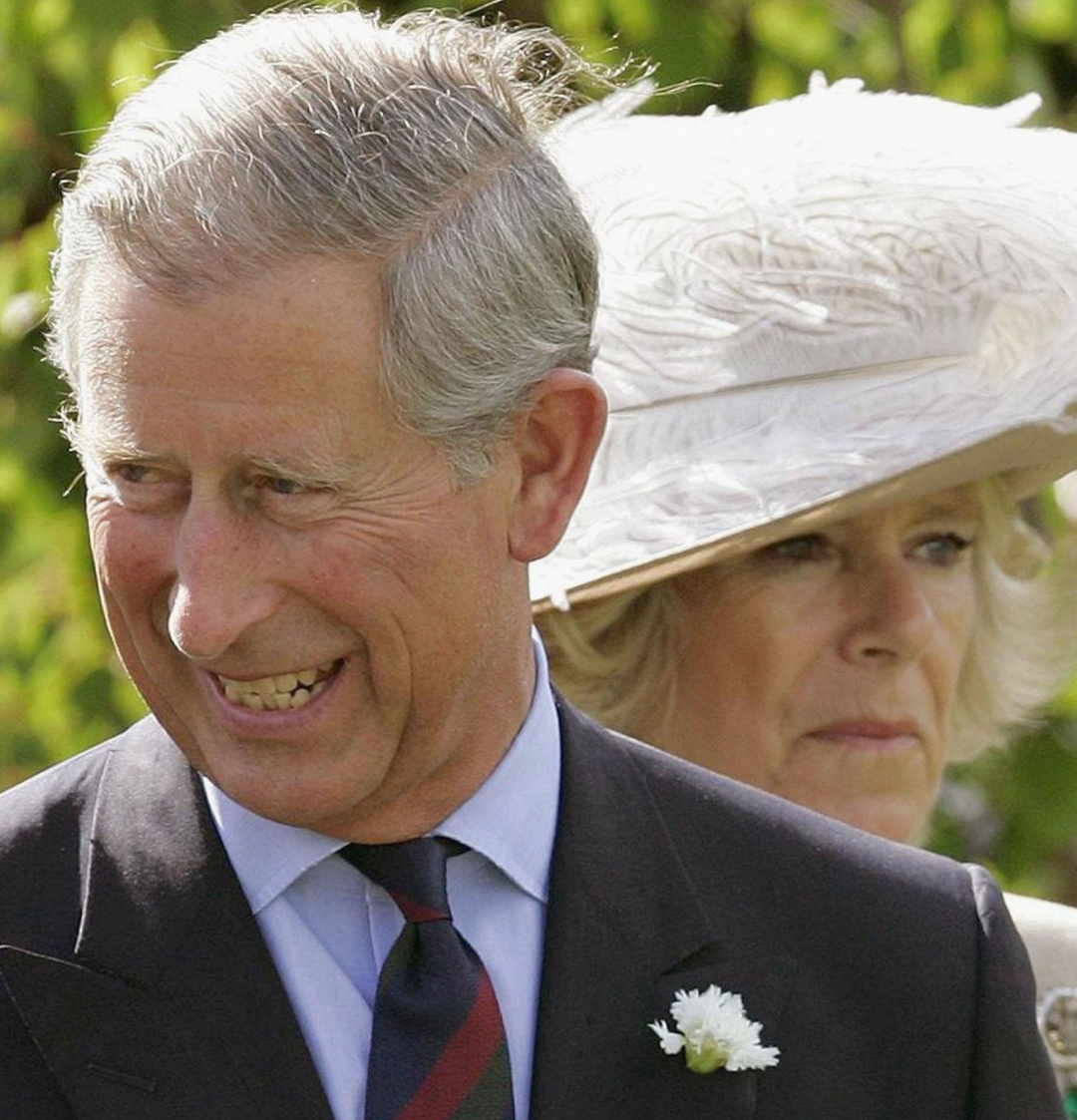 Queen Camilla "Stormed Out" of a Dinner After King Charles Made "Sexy" Comments
Queen Camilla "Stormed Out" of a Dinner After King Charles Made "Sexy" CommentsSoap star Carli Norris shared the hilarious story in a new interview.
By Kristin Contino
-
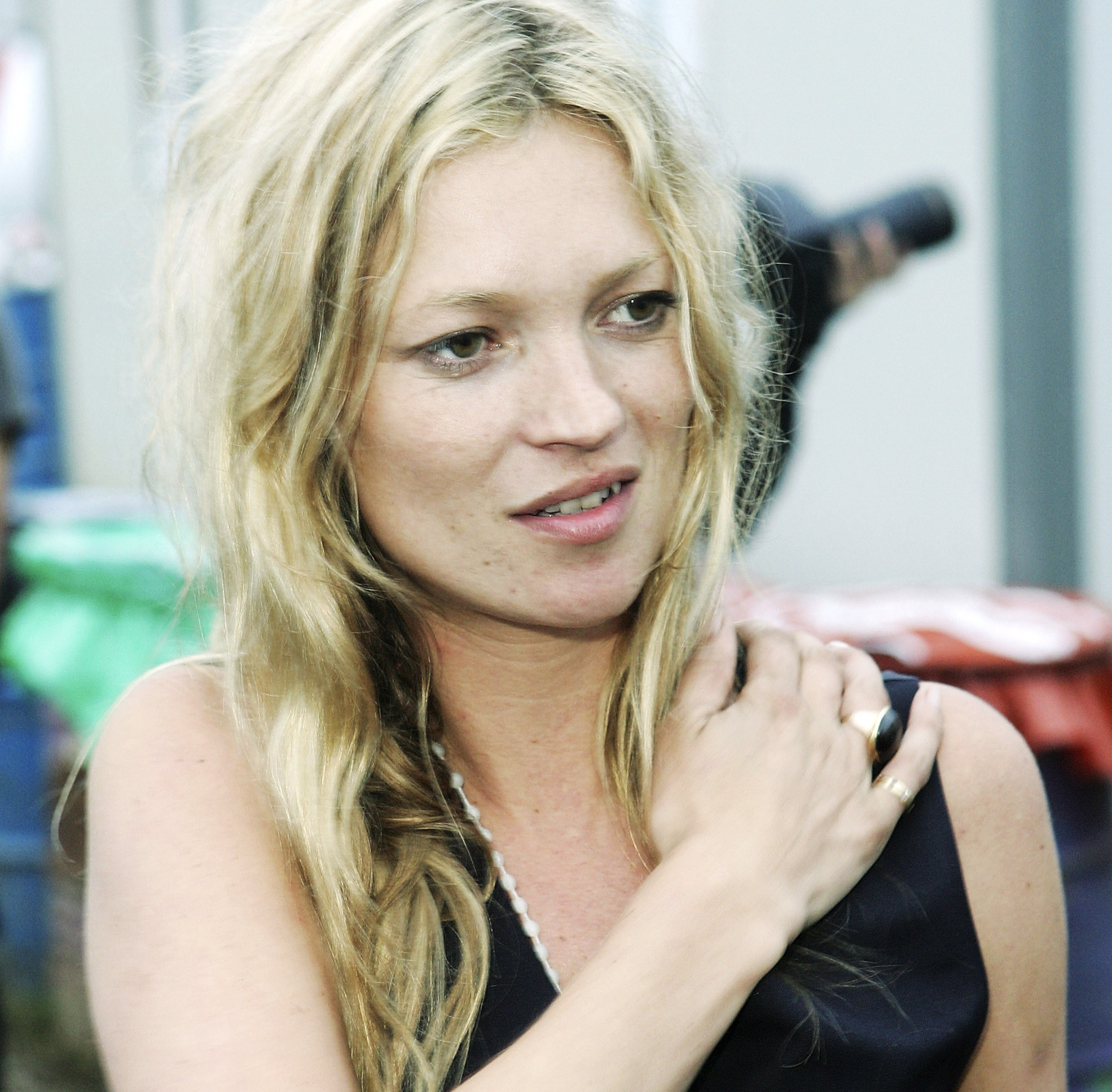 Iconic Celebrity Style Moments at Festivals
Iconic Celebrity Style Moments at FestivalsFeaturing plenty of Kate Moss.
By Katherine J. Igoe
